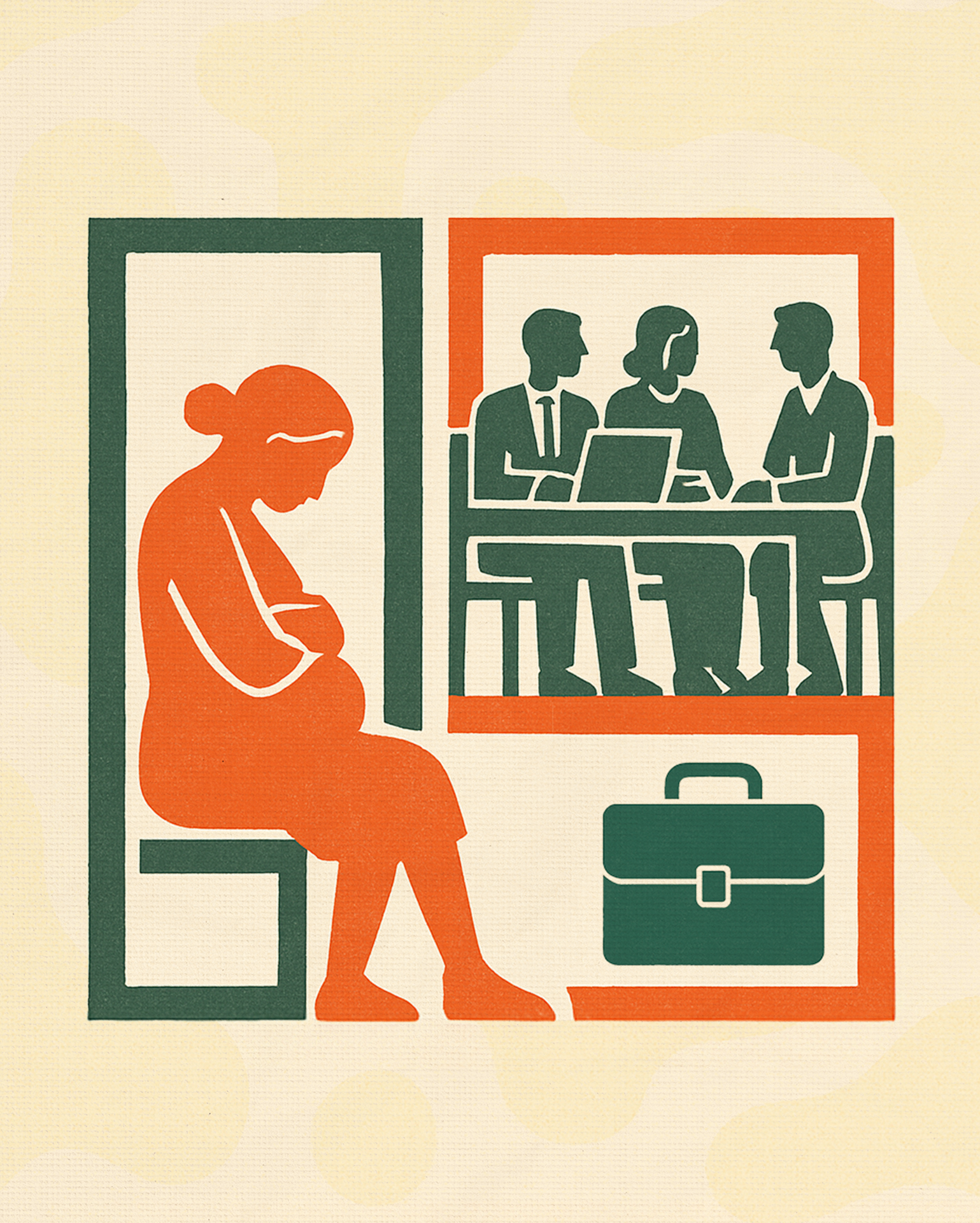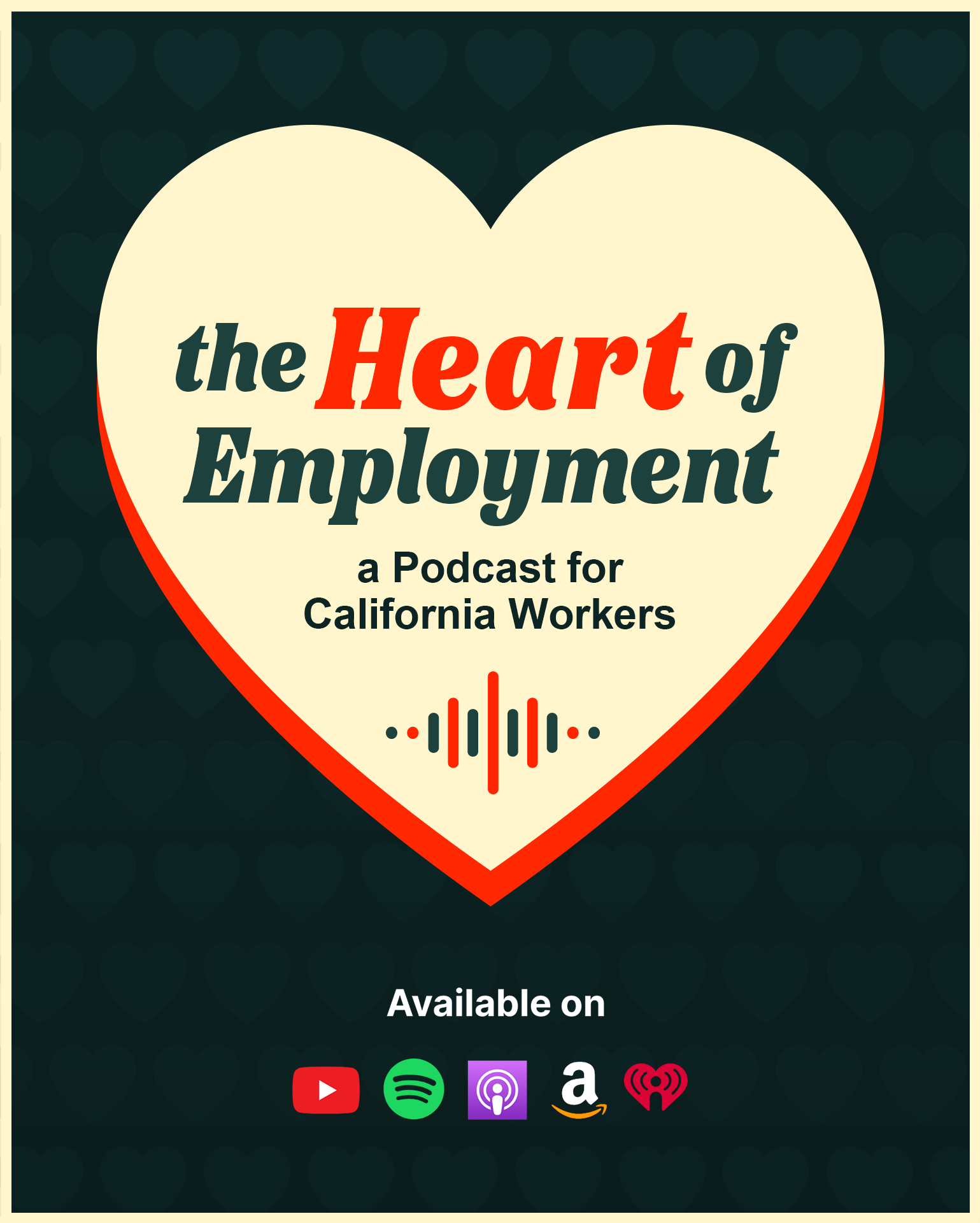Bereavement Leave: What Are Your Rights?


Do California workers have bereavement leave rights?
There are many ways to approach bereavement leave in California. Under the current California Family Rights Act, employees are entitled to take up to 12 weeks of unpaid leave to care for a family member.
Five Days of Bereavement Leave
Effective on January 1, 2023, AB-1949 makes it the law that employers must allow an employee up to five days of bereavement leave taken at the employee’s discretion so long as the leave occurs within three months of the passing of a loved one.
For most employees, bereavement leave is unpaid and overrides any other bereavement policy that the company may have. If there is no policy that covers bereavement, then AB-1949 becomes the outline for procedure and protocol. In the case where there is a policy on bereavement, the standard of that policy must allow up to five days of unpaid leave. If it grants more leave or offers bereavement leave as a paid benefit, it should follow the written policy. If the policy does not meet the standards of AB-1949, the employer cannot deny the employee five days of unpaid leave.
For certain employees of the State of California, the first three days of bereavement leave will become paid leave and the remaining two days will be unpaid, though the employee may use paid time off to cover those days.
Employers No Longer Can Punish Employees Who Take Bereavement leave.
Some employers, in the past, have punished employees who take bereavement leave or have threatened them. Under AB-1949 California labor law leaves the dark ages and sets in place laws that protect employees from employers who try to:
- Discriminate – Deny a promotion, deny other types of leave requests, etc.
- Interfere – threaten to fire or demote an employee who asks to take bereavement leave.
- Retaliate – punishes the employee by giving them the worst jobs, changing their shift time, or removing certain benefits after the employee asks for bereavement leave.
There are many ways that employers could punish an employee who takes bereavement leave. AB-1949 makes it illegal to discriminate against, interfere with, or retaliate against an employee who exercises their employment rights and requests a leave of absence for bereavement. Most forms of discrimination, retaliation, and interference are criminal actions in the employment setting, even when they do not involve grieving the loss of a loved one.
Bereavement Leave Becomes Confidential
Under AB-1949, employers are no longer allowed to announce that an employee will be gone due to bereavement. The employee can announce they are going to be gone on bereavement leave if they want, but those employees who want to maintain a distance between work and home life, now have the protection of confidentiality.
Contact Davtyan Law With Your Bereavement Leave Rights Questions
When employers and employees have conflicts over work-related issues, the conflict falls under California Employment law. California is a remarkable state for the depth of its protection of workers within the state. If you have a conflict with your employer over bereavement or another aspect of employment, contact an employment lawyer at Davtyan Law to discuss your case.

Ready to get started?
Contact us now for a free consultation to find out how we can help you.






















